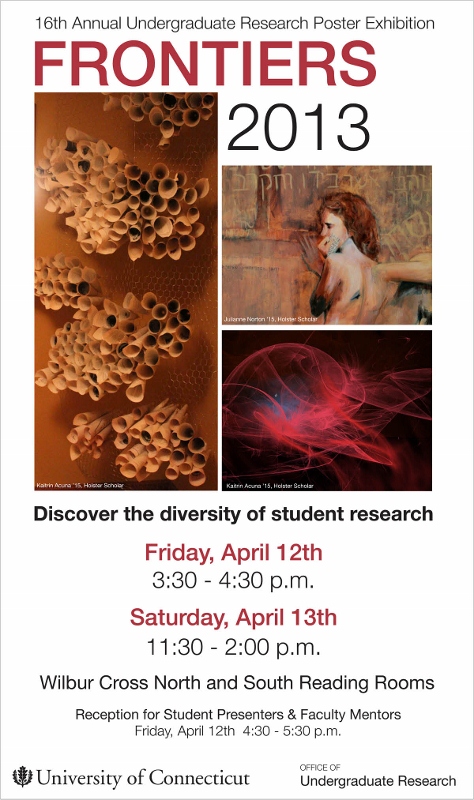Opportunity Description
As an undergraduate research assistant at ECOM (Expression, Communication, and the Origins of Meaning Research Group), you will play a key role in organizing conferences and talks, contributing to the smooth execution of these academic events. You will also assist with research activities, particularly in conducting literature reviews to support ongoing projects. Additionally, if you have skills in website design, you will help maintain and update the ECOM website, ensuring it effectively communicates our work and events to the academic community. We are especially interested in students from philosophy, psychology, neuroscience, linguistics, or related fields, as this role offers valuable experience in both research and event coordination, along with the opportunity to enhance your digital skills.
Availability: Must be available to work approximately 9 hours per week, with some flexibility to accommodate key event dates. Specific times will be discussed during the interview process.
Student Qualifications
Academic Background: Must be an undergraduate student majoring in philosophy, psychology, neuroscience, linguistics, or a related field.
Research Skills: Ability to conduct thorough literature reviews, with a strong emphasis on critical thinking and synthesis of academic materials.
Event Coordination: Interest in or experience with organizing academic events, such as conferences and talks, is preferred.
Technical Skills: Basic proficiency in website design and maintenance is desirable but not required.
Communication: Strong written and verbal communication skills are essential for coordinating with event speakers, team members, and managing public-facing content.
Teamwork: Ability to work collaboratively in a team setting, as well as independently on assigned tasks.
Attention to Detail: Must be detail-oriented, especially in tasks related to research, event planning, and website content management
How to Apply
Interested students should submit the following materials to apply for this research opportunity:
- CV/Resume: Include relevant academic background, coursework, and any previous research or event coordination experience.
- Short Statement: Provide a brief statement (no more than 300 words) explaining your interest in this position, any relevant skills or experience you bring, and your availability.
Please send your application materials to Utku Sonsayar utku.sonsayar@uconn.edu
Mentor: Dorit Bar-On, Professor
Department: Philosophy
Email: dorit.bar-on@uconn.edu
Timing: Fall 2024, Spring 2025
Campus: Storrs
